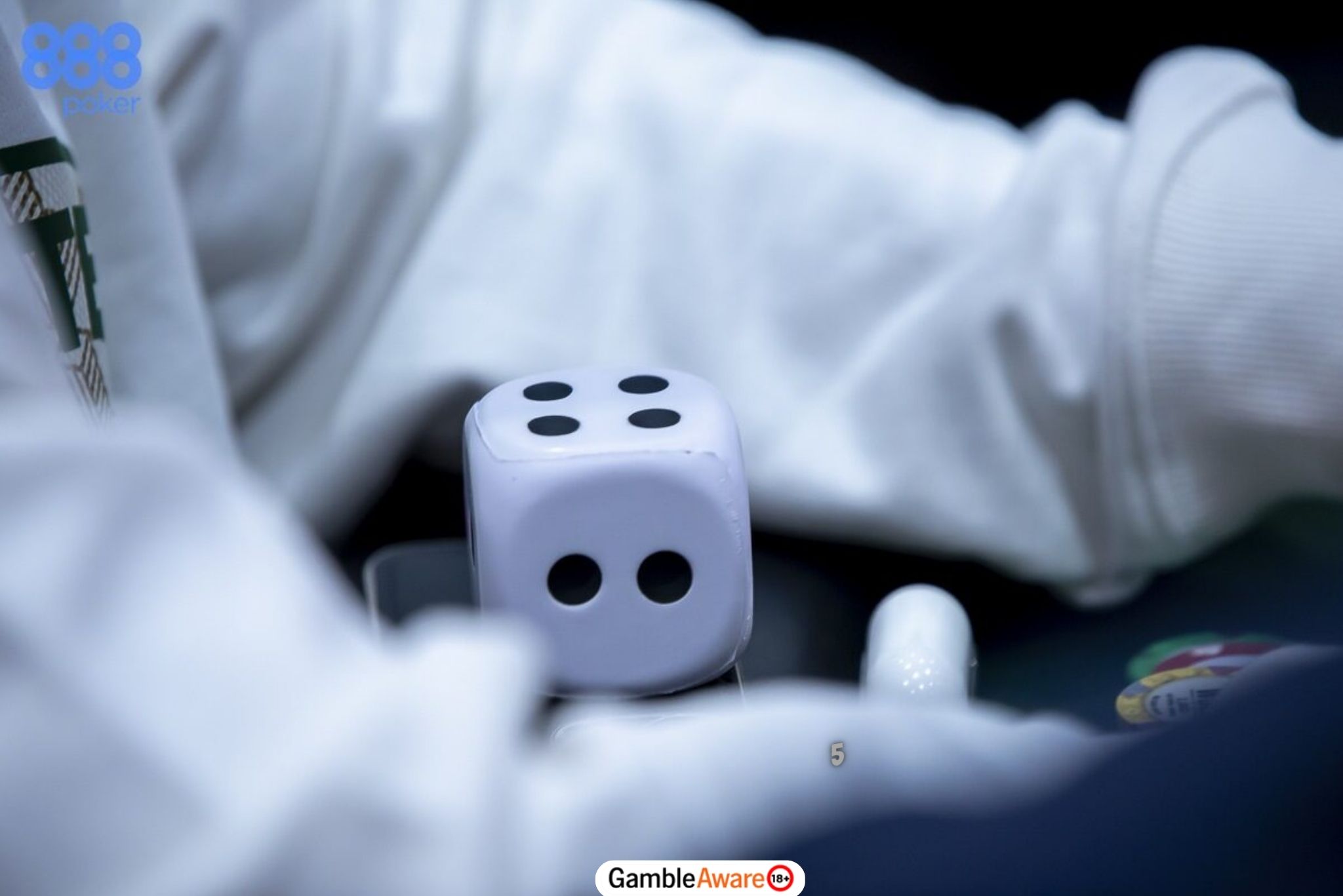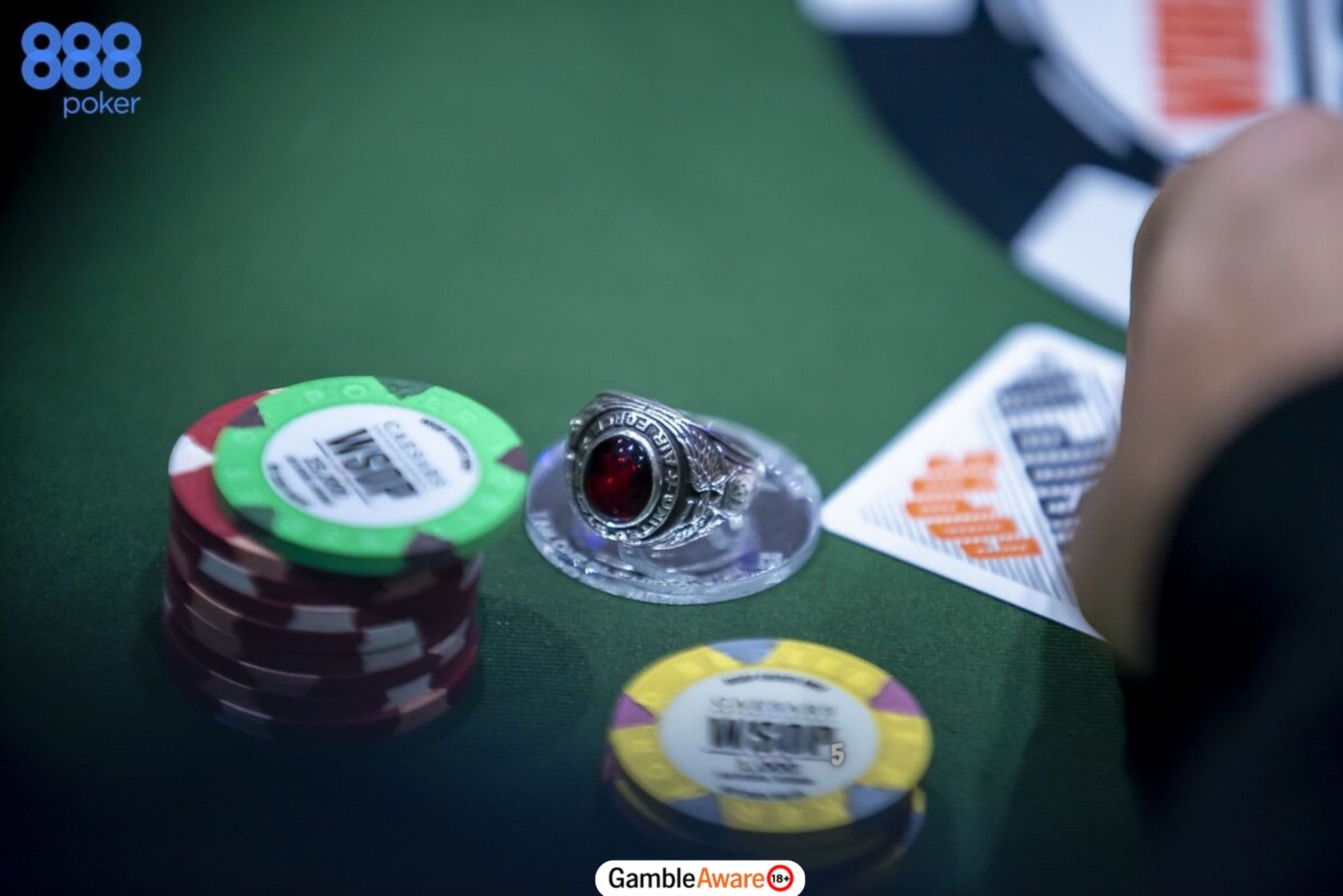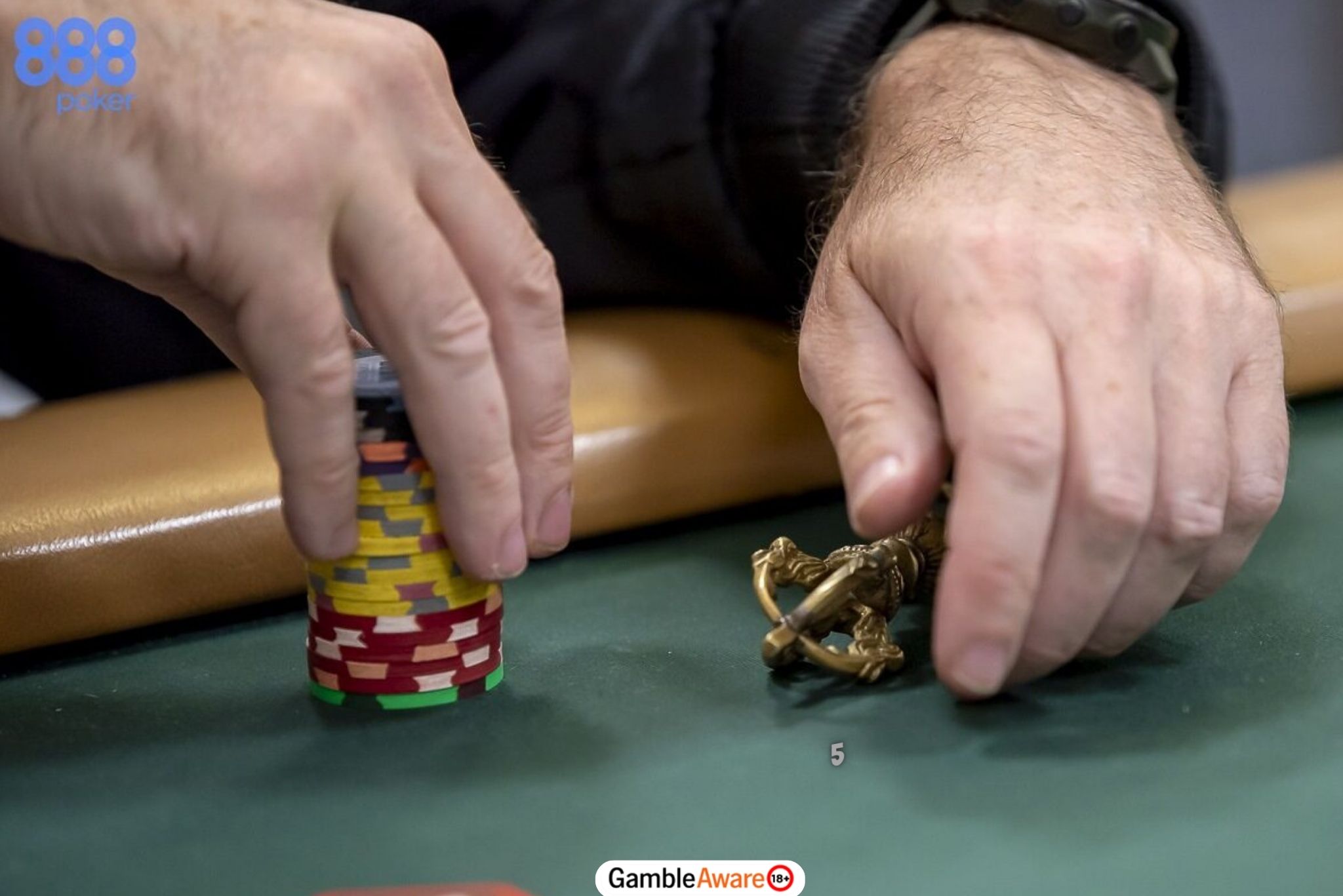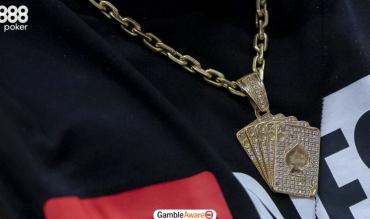Can you trust poker players? The answer might not be what you think. The honesty of poker players often comes under scrutiny because of the nature of gambling.
While the reputation of some poker players may be shady, there is more to this story than it may appear.
Let's explore whether poker players are trustworthy and to what extent.
Lying at the Poker Table
The actual skill of poker playing is storytelling. Every time you check, bet, or raise, you’re letting everyone know how strong or weak your hand is.
- Bet a lot? You’re signalling strength.
- A little? Weakness.
The reputation of poker players gets a bad rap because they must manipulate the story they tell with their chips to do their job properly.
That could mean checking (abstaining from betting) when you have a monster hand to feign weakness, setting a trap and or raising large amounts to convey strength even when you have nothing but a poker bluff.
In this way, lying at the poker table is simply part of the game.
Where it gets tricky is when table talk is involved.

Ask a poker player, "Are you bluffing?" and it'll be impossible to get a straight answer. Honesty in poker is not rewarded. Most poker players are aware of this and don't consider lying at the poker table when pressed to be a breach of integrity. It's part of the game.
So, can you trust poker players? Not when you’re playing a hand, and never trust a poker player at the poker table. After all, bluffing in poker is trying to steer someone away from the truth.
Poker Psychology
Poker psychology is predicated on being one step ahead of your opponent. This factor means you need to be able to get inside their head a little — it’s a skill.
This ability makes poker players seem so dangerous. They’re competent in the art of manipulation for profit. (Or, at least, in theory. Many poker players aren’t as adept at this as they think.)
Another crucial concept in poker psychology is that poker is a zero-sum game. Each pot only has one winner — there’s no prize for second-best. There are exceptions when it comes to chopped pots and side pots, but those are the exception, not the norm.
Most skilled poker players view poker games as a battle, akin to war. It’s you vs. your opponent. That level of ruthlessness — and the willingness to succeed at any cost — scares people.
- Can you trust poker players not to be self-interested?
- Not on the felt; they have too much at stake (literally).
- But does this mindset carry over into everyday life?
- Should you trust poker players off the table?
Is It Safe to Trust Poker Players?
Poker doesn’t make someone untrustworthy. Instead, it tends to exaggerate pre-existing character traits. Someone with low morality is going to act unscrupulously, whether they cosy up to a poker cheat sheet, or not.
The game of poker doesn't necessarily corrupt honest individuals. Many hardworking, trustworthy, and high-integrity individuals play poker regularly — including some professionals.
Liv Boeree — a professional poker player who is the only woman to win both a World Series of Poker (WSOP) bracelet and a European Poker Tour (EPT) event — recently shared why she believes that poker players are even more trustworthy than most people.
“There are always bad eggs, but actually poker players are very honest people,” she told podcast host Lex Fridman. “I would say they are more honest than the average… if you just took a random population sample.”
She continued (slightly edited for clarity):
“Most people like to have some kind of opportunity to do something mysterious, edgy. So we get to scratch that itch at the poker table, where it's part of the game. Everyone knows what they're in for, it's allowed, and you really get that out of your system.
Poker players also learn that I could play in a huge game against some of my friends — even my partner, Igor — where we’re absolutely going at each other’s throats, trying to draw blood in terms of winning money off each other, getting under each other’s skin, winding each other up, doing the craftiest moves we can.
But then once the game’s done, the winners and losers will go off, get a drink together, and have a fun time. We’ll talk about it afterwards in this weird academic way. And that’s why games are so great — because you get to live that out.”
Her stance is that poker provides a healthy outlet for humans’ natural impulses. Perhaps poker players are more reliable with information? More honourable?
The Psychology of Trust
The heart of poker psychology centres on the following three factors:
- Discipline
- Self-control
- Awareness
To succeed, players must constantly examine their own impulses and make rational decisions under pressure. These habits often make poker players more dependable outside the game, not less.

While exceptions exist, the broader truth is that poker reveals a person’s character rather than distorts it. A dishonest person may use poker to justify shady behaviour.
But an honest person can sharpen their integrity through the game’s challenges.
Bluffing in Poker vs Real-Life Integrity
It’s crucial to separate bluffing in poker from everyday morality. Bluffing is not a character flaw — it’s a tactic built into the rules. Just as a fake pass in basketball or a feint in boxing isn’t dishonest, lying at the poker table is expected and even celebrated.
The reputation of poker players has suffered because outsiders confuse these in-game behaviours with real-world dishonesty. Most players recognise that once the session ends, character matters more than any hand won or lost.
For example, Doyle Brunson – a.k.a. “The Godfather of Poker,” and one of the greatest poker players of all time — was a family man, married for over 60 years until his wife’s passing, and was known for his faith and integrity.
There are countless examples of poker players who learned to balance the mischief of the game with the maturity of personal responsibility. They take great care to be loyal and upstanding members of society for the benefit of their family and friends.
Can You Trust Poker Players Off the Felt?

Deception is the currency of the game. Players bluff, mislead, and misdirect to win pots. In a regular poker hand, honesty is not rewarded.
However, off the felt, many professionals show that the opposite is true. The same players who are masters of misdirection at the table are often some of the most accountable and straightforward people away from the table.
Just don’t take their word for it. As in any assessment of character, judge a person by what they do, not what they say.
Action is the ultimate bluffcatcher.


